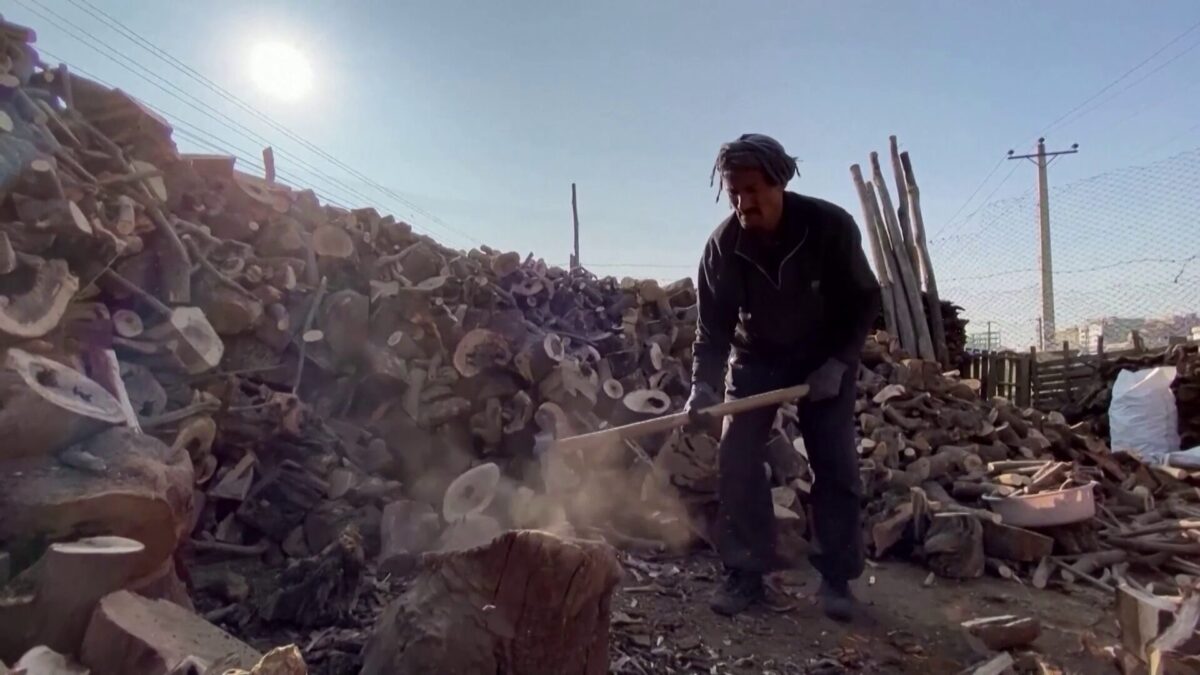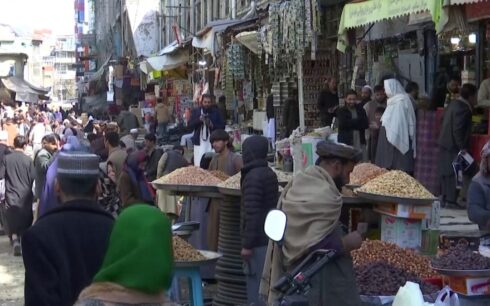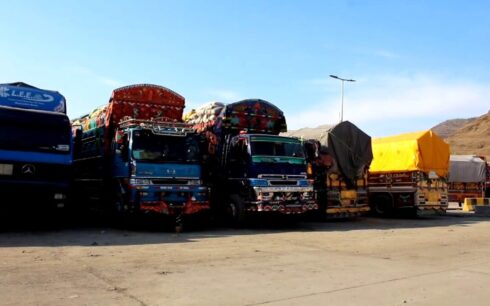KABUL, Afghanistan — The sharp rise in fuel prices, particularly for liquefied gas, has left many Kabul residents worried as winter grips the country. Kabul residents report that the price of liquefied gas has surged by up to 20 Afghanis per kilogram, adding to their struggles with poverty and unemployment.
As temperatures drop, the demand for heating fuel has driven prices higher in markets across the country. Ihsan-ul-Haq, who supports an 11-member family, says he cannot afford to buy fuel at the current rates.
“We see in some areas that the price of gas has gone up, and people simply cannot afford it,” said Mr. Haq, a Kabul resident. “Winter is harsh, and on top of that, the cost of fuel has become another challenge. We urge authorities to take serious action against price gouging by merchants and shopkeepers.”
In Kabul’s markets, fuel prices vary significantly. Residents report that the price of liquefied gas has reached 65 Afghanis ($0.93) per kilogram, compared to 45 Afghanis ($0.64) before the onset of winter. Many residents, grappling with poverty and unemployment, say they have no choice but to endure the freezing temperatures with their families.
Maryam, another Kabul resident, expressed deep concern about her young children.
“The weather is extremely cold, and fuel prices have become unaffordable,” she said. “My children are very young, and I fear they could fall ill or worse due to the cold. The price of gas has gone up to 90 or even 100 Afghanis per kilogram in some markets.”
Another resident highlighted the inconsistency in pricing across the city.
“When we go to buy fuel, every seller has a different price,” the resident said. “The rates are so high that many people, already struggling with poverty and unemployment, simply cannot afford to buy fuel. Meanwhile, the weather keeps getting colder.”
The rising cost of fuel comes as Afghanistan faces a worsening humanitarian crisis. The World Food Program has previously reported that millions of Afghans are facing food shortages this winter, forcing families to make painful choices between heating their homes and feeding their children.
According to the latest figures from the United Nations, nearly 23 million people in Afghanistan will require humanitarian assistance by 2025, underscoring the urgent need for intervention as the country struggles with overlapping economic, social, and climatic challenges.





